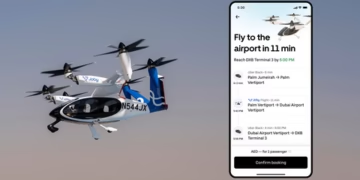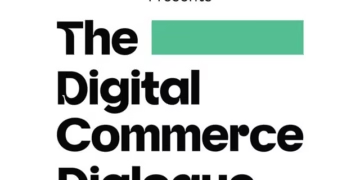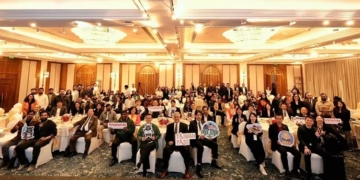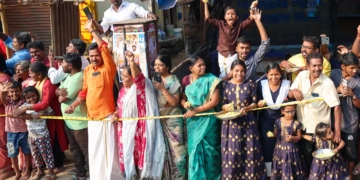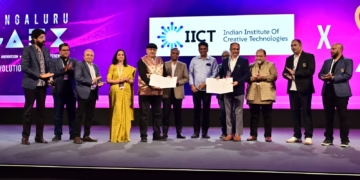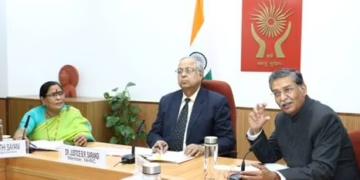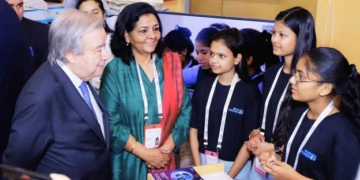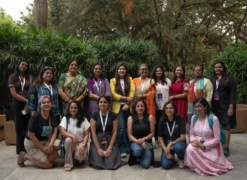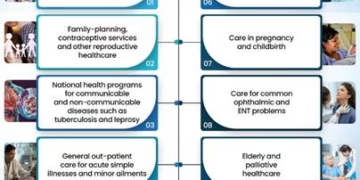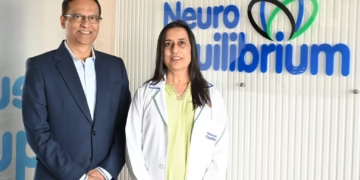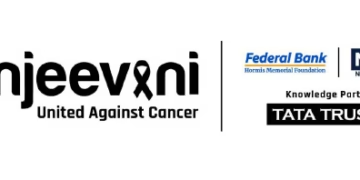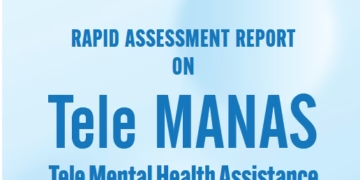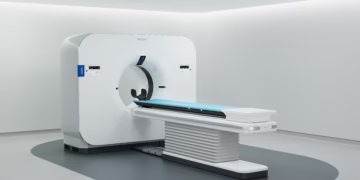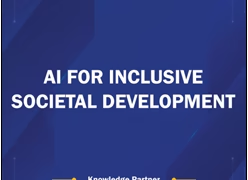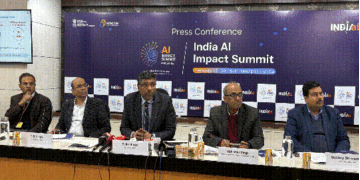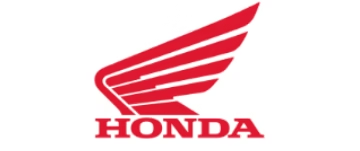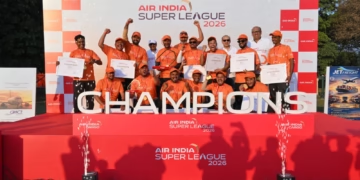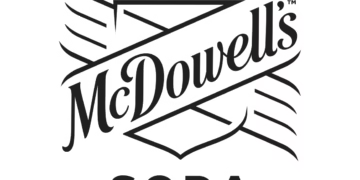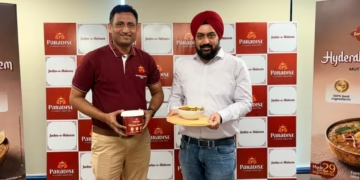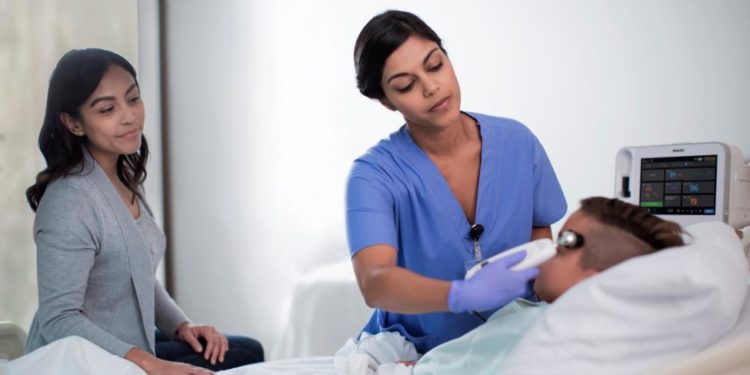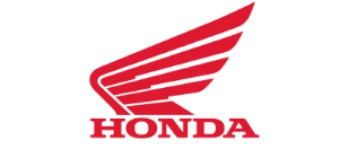Mar 25, 2020
- Predictive analytics help reduce early warning scoring inaccuracies by 75%*
- Gauge variables & automatically calculate patient scores, increasing emergency response team interventions by 80%* for critical patients while mitigating false escalations
Amsterdam, the Netherlands and Augusta, GA, U.S. – Royal Philips (NYSE: PHG, AEX: PHIA), a global leader in health technology, today announced that Children’s Hospital of Georgia has adopted Philips’ automated early detection and warning solution (IntelliVue GuardianSoftware) for pediatrics. This scalable solution, which could be comprised of a combination of patient monitoring, telehealth, predictive analytics software and services, enables quick identification of signals of clinical patient deterioration and triggers a warning notification to the hospital staff allowing faster response times.
With the implementation of the Philips system, Children’s** saw a 75%* decrease in pediatric early warning scoring (PEWS) inaccuracies on its pediatric medicine floor and was able to eliminate inaccuracies on its pediatric surgery floor. In addition, the Pediatric Medicine floor saw an 80%* increase in pediatric emergency response team escalations, allowing clinical teams to provide timely, critical interventions for patients in need. Children’s is part of Augusta University Health, a forward-thinking health system that was the first in North America to sign a 15-year, long-term strategic partnership with Philips.
In the U.S. each year, approximately 76% of pediatric patients have identifiable respiratory or cardiac deterioration one hour prior to arrest [1]. The Philips system, which leverages intelligent algorithms and predictive analytics, automates scoring and aids clinicians in identifying patients at risk, leading to timely interventions, optimized rapid response escalations and better patient care and outcomes. While PEWS systems can help determine whether early interventions are necessary, manual data entry for calculations, including subjective measurements, can make it difficult for hospital staff to account for variabilities in a patient’s age and development, potentially leading to inaccuracies.
“We have seen an increase in the number of patients with complex medical conditions admitted to Children’s but most patient monitoring systems that detect deterioration are built for adults and can’t account for pediatric patients, resulting in more data entry demands on our staff,” said Renuka Mehta, pediatric intensivist at Children’s Hospital of Georgia. “The implementation of this solution has automated the process of identifying at-risk patients with improved accuracy, enabling our staff to address potential issues as early as possible, which makes for a better experience for our staff and potential better outcomes for our patients. This also allows the team to spend more time at the bedside caring for our patients and their families.”
Philips’ automated early detection and warning solution to detect patient deterioration (IntelliVue GuardianSoftware) simplifies workflow and automates some steps in patient rounding and assessments as well as frequently trending vitals and other key information to identify at-risk patients. It allows for critical notifications to be directly delivered to the care team’s (mobile) devices, even when on the go. The interoperable solution natively integrates with Children’s Philips patient monitoring systems, sends validated patient data directly to the EMR and the admission, discharge, and transfer (ADT) system. By automating this process and eliminating labor-intensive manual tasks, Children’s PEWS can be used with minimized opportunities for error and increased opportunities for early intervention, while also giving health care professionals more time to spend with patients.
The implementation of Philips’ automated early detection and warning solution at Children’s is another example of their commitment to providing breakthrough, family-centered care, while ensuring the best possible working environment for their staff.
Vitor Rocha
Chief Philips North America, member of the Executive Committee Royal Philips
“Not only has Augusta University Health pioneered long-term strategic partnerships here in the U.S., they have worked closely with us to push the boundaries of health care – from same-day diagnosing and treatment of lung cancer in the hybrid operating room, to improving workflows as part of Children’s new design,” said Vitor Rocha, Chief Philips North America, member of the Executive Committee Royal Philips. “The implementation of Philips’ automated early detection and warning solution at Children’s is another example of their commitment to providing breakthrough, family-centered care, while ensuring the best possible working environment for their staff.”


